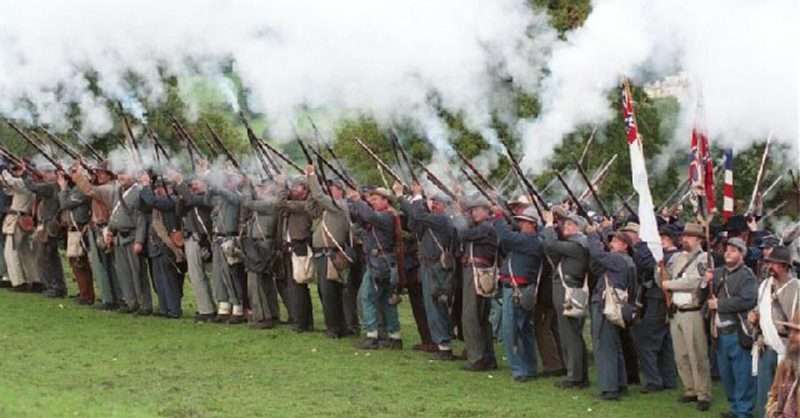Ulysses S. Grant is well known as the commanding general of the Union forces during the American civil war, but outside of that little is known about him as a man.
Additional information about Grant is provided with the publication of ‘American Ulysses,’ authored by Ronald White, known for his work recounting the Civil War.
It eclipses his previous works about the conflict by shining a light on Grant’s lesser known ventures prior to and following the Civil War. White’s tome scrutinizes Grant’s life from his birth to death.
A person could sympathize with Grant as his once auspicious career turned to dust through lackluster business choices and unfortunate luck and. The reader is uplifted by Grant’s successes at Appomattox Courthouse and Vicksburg. White is exemplary when he emphasizes little-known facts of Grant’s life like his involvement in the Mexican-American War, and his frequently misunderstood term when President.
Worthy of special praise is his portrayal of Julia Dent, Grant’s wife. She occupies center stage as the book illustrates how their association was probably the main inspiring issue of his whole life.
Dent was Grant’s confident, steadfast supporter and encouraged him to persevere when lacked self-confidence. She often found herself wavering between Grant and her wealthy, slave-holding family. Grant opposed slavery, but was not an abolitionist.
Grant’s stance very much stands out regarding his attitude to Native Americans and African Americans.
His father was very opposed to slavery while he was more fluid. Grant freed the slaves he was given as wedding presents, but he said little on the matter to ensure peace in his household.
The Civil War changed his feelings toward slavery. He would one day become an ardent adherent regarding the rights of Freemen. White discloses how Grant used the federal government’s power to quash the Ku Klux Klan and utilized military courts to penalize those who employed violence to refuse the rights of African Americans.
Grant’s efforts failed as America chose settlement over fairness and permitted the influence of Jim Crow to wash over the southern states, Tribune Star reported.
The book is more than worthy as a good read for those who want to know more about one of America’s most notable generals and most ignored president.
